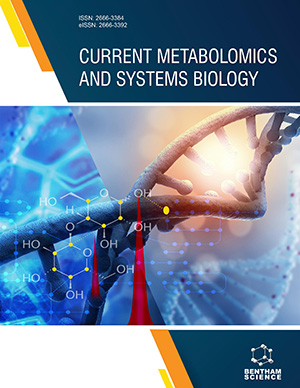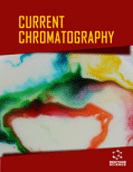Abstract
In recent years, the organocatalytic electrophilic fluorination reactions have been extensively explored for the synthesis of organofluorine compounds. The systematic introduction of fluorine atom often improves a number of properties of fluorinated molecules including metabolic stability and various pharmacological properties and thus frequently employed to design fluorinated drugs. The enantioselective electrophilic fluorination via organocatalysis has emerged as the most powerful approach for the synthesis of organofluorine compounds as the organocatalytic approaches have several advantages in terms of economical and environmental benefit. In this chapter, the most important developments of organocatalytic enantioselective electrophilic fluorination are highlighted using new types of electrophilic fluorinating reagents (NFSI, F-TEDA-BF4, F-CA-BF4) in the presence of readily available different types of organocatalysts such as different amine based catalysts, phase-transfer catalysts, Brønsted acid and H-bonding catalysts, which are stable, easy to handle, more efficient and selective. Some recent advances with fascinating examples, mechanism of electrophilic fluorination, mode of activation of catalysts, catalytic cycles, controlling product selectivity and synthesis of chiral fluorine containing drugs have been described.
Keywords: Amine catalysts, Asymmetric fluorination, Biologically active compounds, Catalysis, Electrophilic fluorination, Fluorinating reagents, Green chemistry, Hydrogen bonding catalyst, N-fluorobenzenesulfonimide (NFSI), Organocatalyst, Organofluorine compounds, Pharmaceuticals, Phase-transfer catalysis, Selectfluor (F-TEDA-BF4), Quaternary ammonium salts.






















